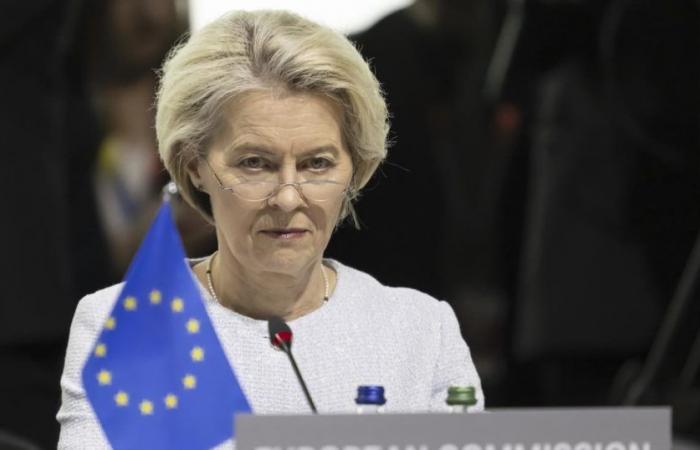With the classic European timing that may appear suspicious (but it’s a sin to think badly, but generally you get it right, Giulio Andreotti wittily commented) the ax from Brussels falls on the deficits of seven European countries. In short, too much debt for, among others, Italy, France and Spain. Yes, the communication was awaited and already widely expected by both the markets and political and economic analysts. But it is clear that in such a delicate moment of negotiation and with the elections in the Transalpine region which could represent the fracture of the system with the arrival of Le Pen’s right-wing party in power, the announcement of the yellow card on the public accounts represents an element of disorder that adds tension to a complicated political picture. There’s no point in bandaging your head. Negotiations will now begin with Brussels to agree on the recovery plans and the strength acquired by Italy on the European scene after the vote gives hope for a soft landing to get public finances back on track.
Your browser does not support the iframe tag
Economy Minister Giancarlo Giorgetti throws water on the fire: «The communication was widely expected with the boom in deficit induced by the exceptional measures we certainly couldn’t think of staying below 3%». The government has started a path of responsibility for public finances appreciated by the markets and EU institutions: “We will continue like this, so it is nothing surprising”, added the minister. In addition to Italy, the following have come under the spotlight: France, Belgium, Hungary, Malta, Poland and Slovakia. The path of the infringement procedure is the result of failure to comply with the constraints for the deficit and public debt, which must be kept respectively within 3% and 60% of GDP. Rules that make less sense than their formulation in the Maastricht Treaty. After the years of stoppages due to Covid and the ongoing war, the new global challenges that require billions of investments from states, the return of rigor makes little sense. But despite common sense, the Stability Pact was no longer suspended and indeed applied for the first time in the renegotiated formula in force since the end of April which keeps the purse strings tight. Even though it introduced a revolution in the pace of reducing the excessive deficit, as well as introducing a control of the accounts with multi-year spending trajectories, it did not undermine the principle that debt spending cannot be financed. We start from important values. At the end of 2023, Italy was at the highest level in the EU with a deficit-to-GDP ratio of 7.4%, with the Commission forecasting that it will fall to 4.4% in 2024 and rise to 4.7% in 2025 (with unchanged policies ). By 20 September, member states will have to submit medium-term plans (4-7 years) to the Commission to reduce the debt. Recommendations will subsequently be provided on the medium-term plans, on the draft maneuvers for 2025, indicating the corrections for the deficit. . However, this will only result in a formal recommendation on the amount of adjustment required in November.
Read also: Out of the chorus, Mario Giordano blurts out on the Ursula-bis: “But in whose hands are we?”
The path of Italian public finance, with the sword of Damocles of the Eurobureaucrats, will therefore be full of obstacles. We start, according to the Parliamentary Budget Office, the next budget, with unchanged policies, will cost at least 20 billion. But adequate resources must be found to cover the planned interventions, starting with the extension of the tax wedge cut, which alone is worth almost 11 billion. Furthermore, estimates set the 2024 GDP at 0.8%, then rising to 1.1% in 2025 and slowing down again to 0.8% in 2026. Full implementation of the Pnrr could lead to GDP growth of 3 percentage points, 0.5% lower than what was envisaged by the Mef, but the planned interventions must be implemented promptly. In short, the risk is very high. Yet Eurocommissioner Paolo Gentiloni defends the new Pact with a semantic artifice. “We must not confuse caution in spending with austerity,” said Economy Commissioner Paolo Gentiloni. «Caution in spending is necessary in countries with high debt and very high deficits», but Italy «has an unprecedented possible volume of investments» with the Pnrr and must therefore «multiply efforts» on the Recovery. All right. It’s not rigor but it’s prudence. Which does not take into account that the trajectory of history can reverse in a few hours. The first date on the calendar is June 30 in France.






